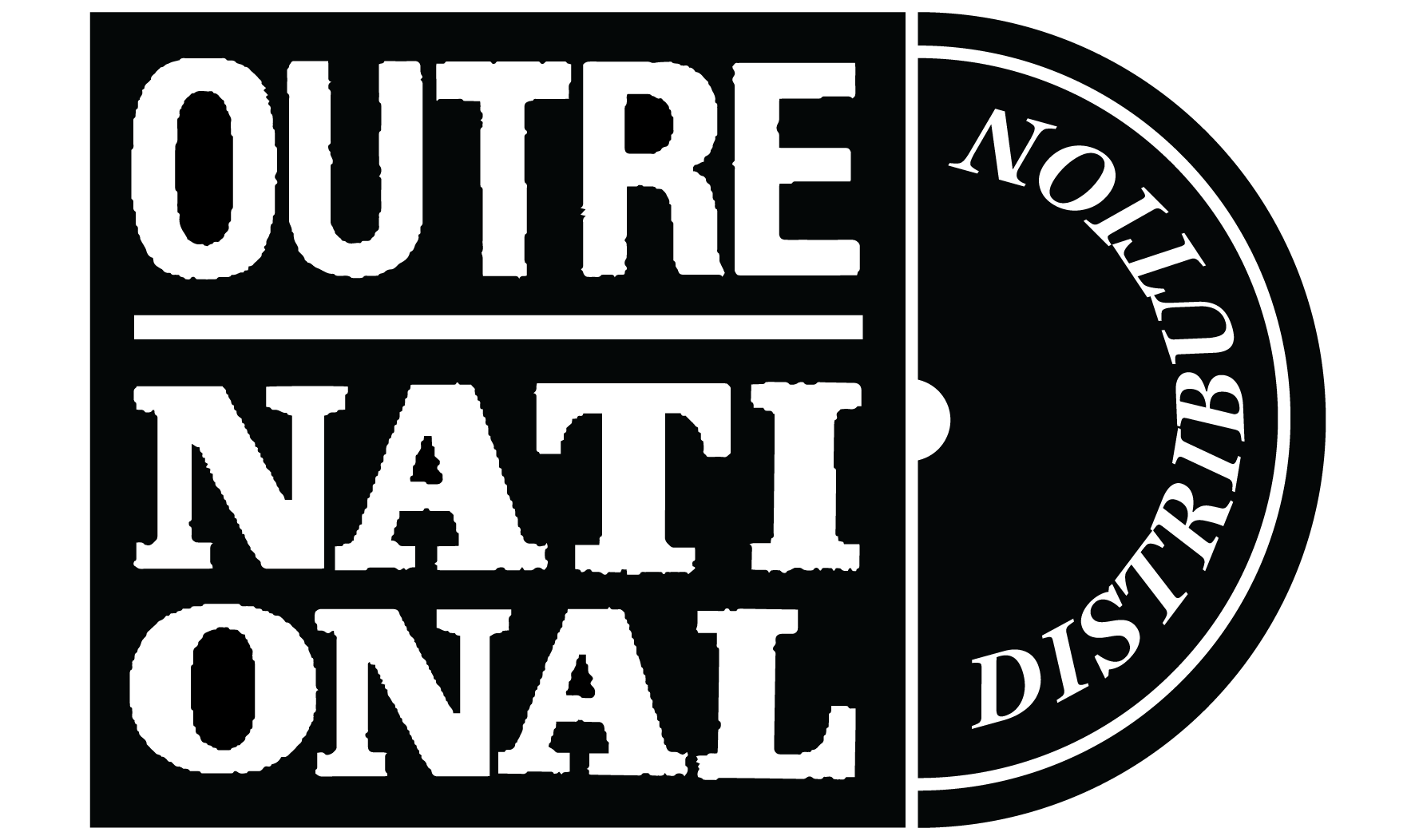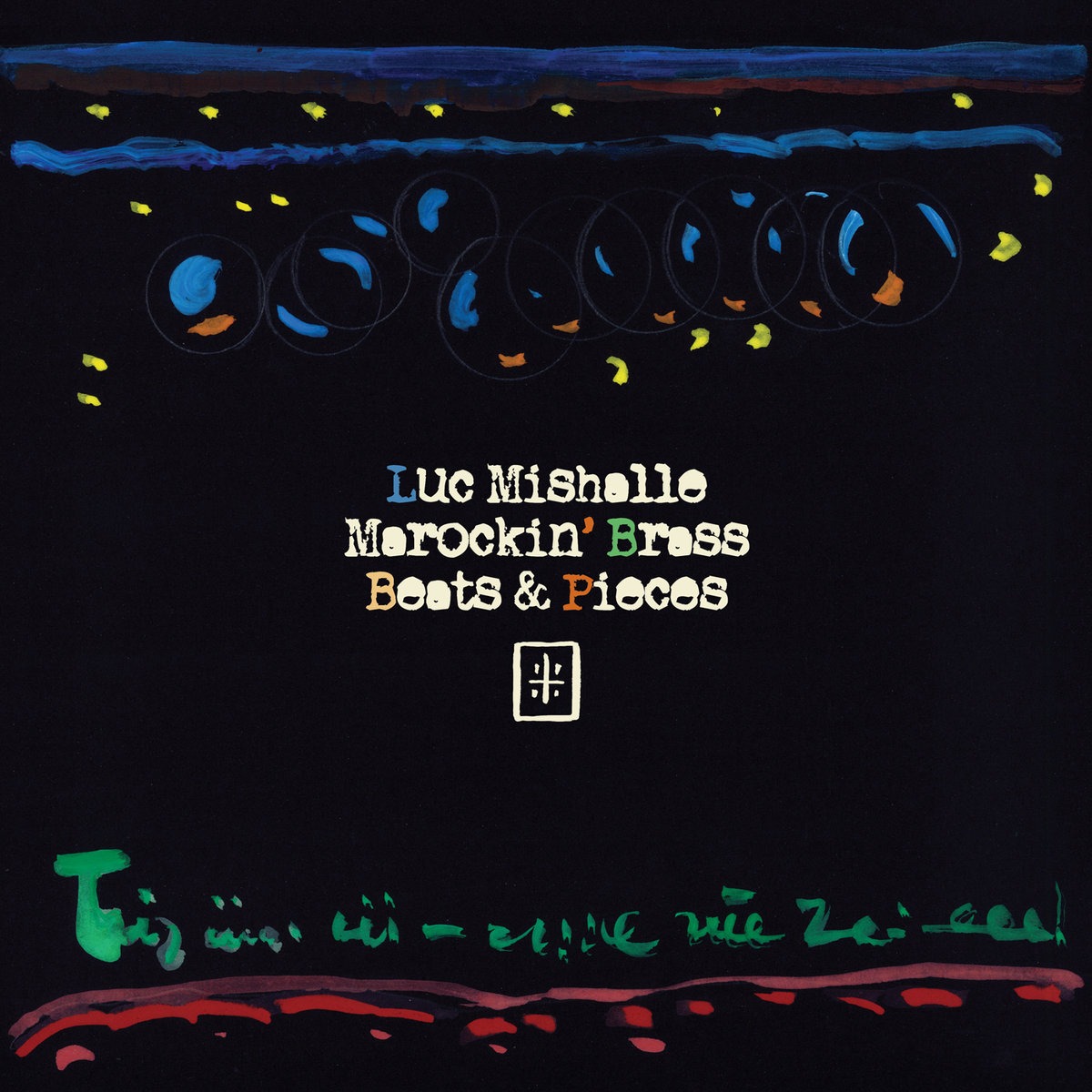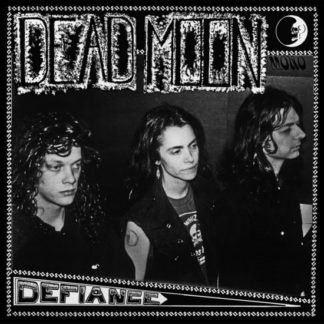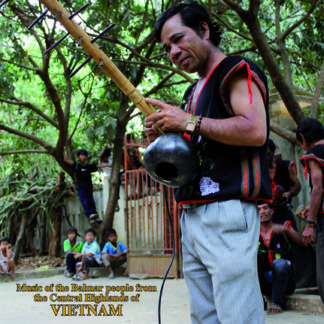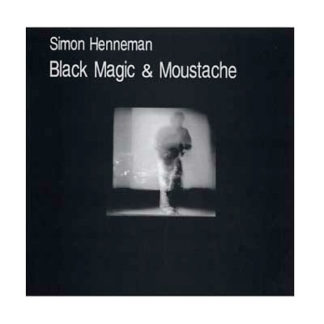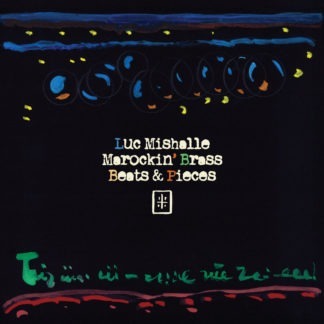Description
Marockin’ Brass represents all musical passions of MetX. On ‘Beats & Pieces’ one can hear in their music the result of a long-lasting love and a thorough analysis of (north)-African rhythms on which they layer their melodic lines that refer to jazz, contemporary music as well as to non-western musical vocabulary. The result is astonishingly fresh and sounds as if Brussels had always been a harbour at the Mediterranean sea. The answer lies undoubtedly in the great amount of respect that is used to intertwine both musical traditions. Hang in there for some steaming gnaoua or sweaty chaabi-funk accompanied by some redhot brass that will blow the sand out of your ears! Marockin’ Brass is a real treat for your brain and your feet, on a scene or in open air! Their music is the anthem of the new urban nomad.
After years of playing with the Moroccan community of Brussels, Luc Mishalle knows every trick of the cross-fertilization of gnawa music, jazz & brass. Mishalle retired in September 2018, but the founder of MetX is not leaving without a farewell gift: a new Marockin’ Brass album on which his life-experience and exchanges with gnawa musicians from Brussels are honoured. Mishalle remains active as a musician and coordinator of several MetX projects, includingMarockin’ Brass.
In the 1980’s Luc Mishalle started collaborating with Moroccan musicians. “After all those years, it’s as if their music became part of my DNA, it’s become part of my own music,” tells Mishalle. “After hours and hours of playing together, we’ve created a very organic music from Brussels today.” Moroccan-Belgian musicians such as Maalem Driss Filali make an unmistakable important contribution to the unique sound of Marockin’ Brass.”
The ‘Beats & Pieces’ refer to the collaborations with percussionist Roel Poriau and electronic producer Sofyann Ben Youssef. The ‘beats’ refer to the drums of Poriau (Think of One, Antwerp Gipsy-Ska Orkestra), who has a more prominent style and the pumping Arabic basslines are the trademark of Tunisian producer Ben Youssef (Ammar808, Kel Assouf). About these collaborations Mishalle says: “Poriau initially became part of the project as replacement for one of our musicians who could not make the recording session. We rehearsed thoroughly up to the recording sessions and his input on the percussive side was vital. It was also the first time that we worked with a producer in the person of Ben Youssef. This was an eye opener to us as we started to interpret our compositions in very different ways.”
“The album is significantly less ‘jazz’ than past collaborations with Byron Wallen and Trevor Watts,” explains Mishalle. “It’s based on traditional gnawa songs I transcribed and arranged in countless sessions with gnawa and guembri lute master Driss Filali (Gnawa de Bruxelles, Karkaba) who shared his vast repertoire. During these sessions Filali also brought a lot of gnawa guest musicians and friends with him, who jammed along with us, gave input and this brought unexpected results. For instance in the song ‘Merhaba’ a young Moroccan woman (Oumaima Nakashi) impulsively added vocals which completely changed the song. Without clear recording schemes, it was not always easy for our sound technicians, but it really was an unforced and improvised way to record all this energy. Half of the songs contain vocals, which make it more radio-friendly.”
Let’s also note the Beninese traditionals Mishalle composed over the years during tours with a Beninese brass band. This brings us to another red thread through the album: trance. One can especially find it in gnawa music and also in Benin, the cradle of voodoo. “Trance music aims to create obsession through constant repetition. We kept the essence of that music, adding jazz and brass colours,” tells Mishalle, who was the first Belgian to win the Princess Margriet Award for Culture in 2017. With this prize, the European Cultural Foundation (ECF) wants to put ‘European cultural change-makers’ in the spotlights.
Don’t call Mishalle composer, he’s a music-maker. The music isn’t imposed but evolves through interaction with musicians from very different backgrounds. “It’s a process in which everyone is involved. If you bring together the right people, you can merge pure jazz, contemporary and traditional music to something very organic,” Mishalle explains. He finds these talented musicians with different
backgrounds in Brussels, and together they search for the sound of this city known for its hyper-diversity. “Brussels’ context is unique, in Belgium and beyond. Our metropole has quirky vibrations. To catch them, you have to fully submerge.”
